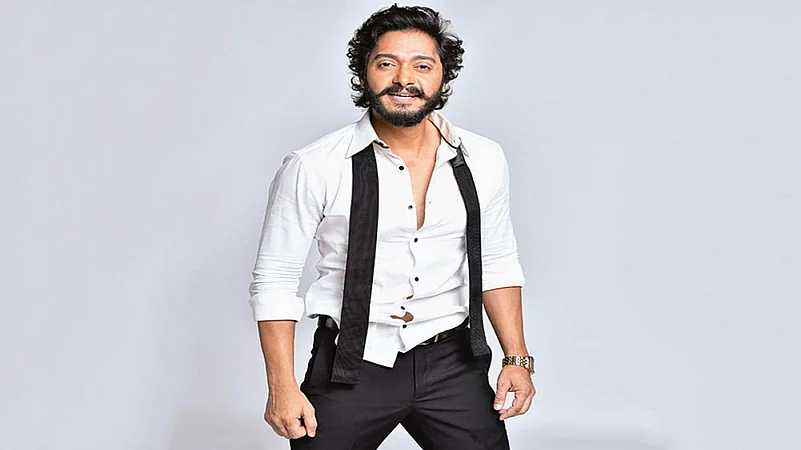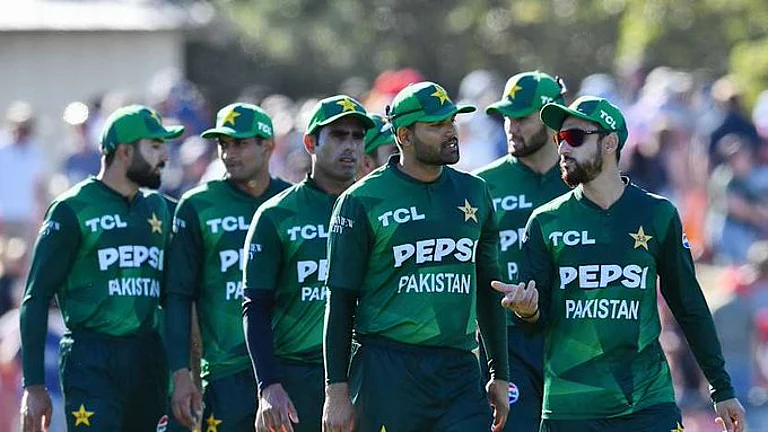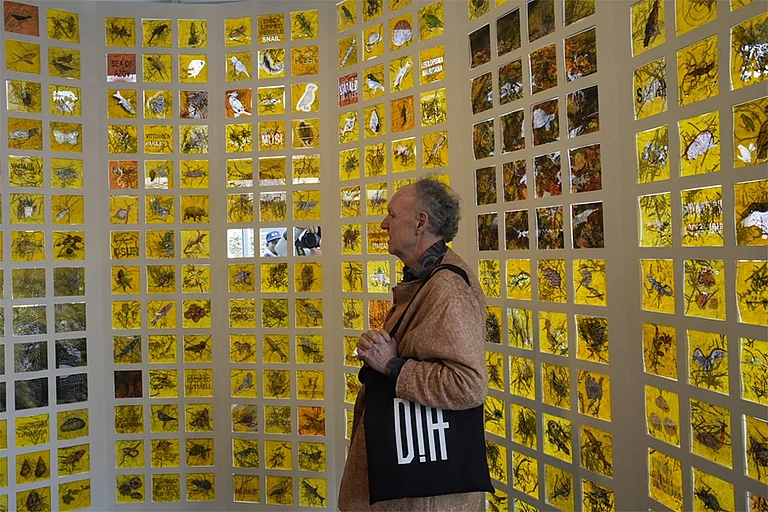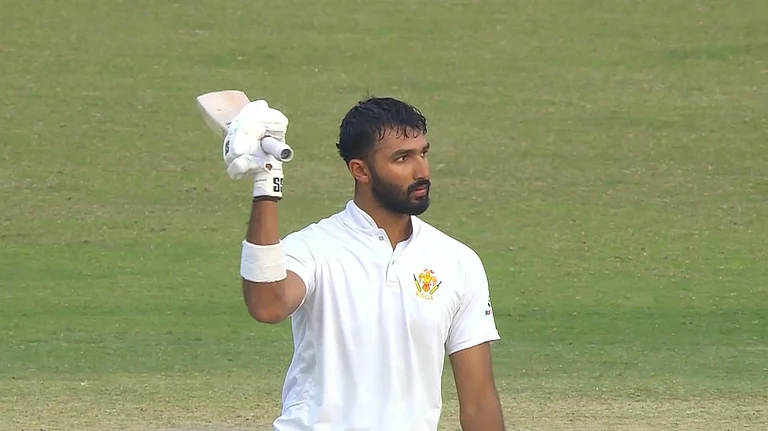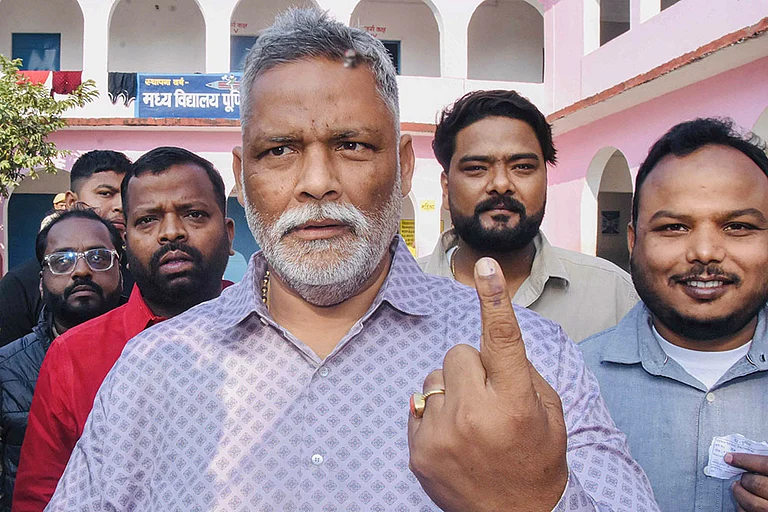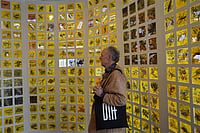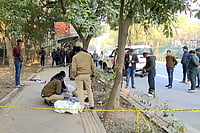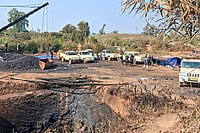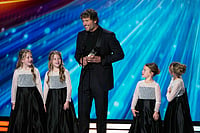Shreyas Talpade—that deaf and mute boy-cricketer in Iqbal, a milestone movie from 2005, and yet an understated name in Bollywood. It’s been 16 years since that Nagesh Kukunoor epic put a Marathi TV and stage artiste on big-time big screen. Talpade has since evolved—dwelling in realms as diverse as serious and slapstick. Yet, the craftsman in him yearns for an Iqbal and he tells Lachmi Deb Roy why…
Being Iqbal Khan: It is still so fresh…something we still keep discussing over and over. To be honest, it was one of the best experiences I have had as an actor, especially coming from theatre. We are used to a certain homework, rehearsals and workshops to get into the skin of the character and Iqbal is such a film that it went a step further. It helped me come out of my comfort zone.
By playing Iqbal Khan, I not only learned but also unlearned a lot. The credit for my entire craft of morphing into Iqbal Khan goes to Kukunoor. He was clear about how he wanted his Iqbal to look, to behave…he had worked out every little detail to the point that he would take me only two steps. So, if I took an extra step, he would tell me to stop. We had a 20-day rehearsal and workshop before shooting. It was hectic. Get up at 4.30 am and then going to the tabalelas to select the buffaloes and take them out. These little things had a huge impact on my life.
Playing Iqbal, 18, at 30: Kukunoor told me that I need to think and behave like an 18-year-old. Although we worked on the costume, body and hairstyle, there were times when I shaved twice a day. He also told me how crucial are the five minutes of my introduction in the film…to make sure that you make people believe you are 18. The audience will go with the first impression.
Being a theatre person: Theatre is my favourite platform, though I love films and television too. Since I started from the stage, I have a strong bond with that platform and it keeps pulling me to it. It’s my first love. Any opportunity, I go back to theatre. The magic of live performance is something else. I feel there is a strong need for theatre to reach out to people and having said that it’s time to go digital as well. Growing up I saw a lot of Marathi actors performing on stage. Today, if people feel I have acting skills, I owe it to my seniors in Marathi theatre. I love to watch Naseeruddin Shah on stage.
The journey so far: Wonderful. I started on the stage, one-act plays, skits, street plays. So, every little thing helped me. Learning step by step from a school skit or a street play outside Churchgate Station. There was a time when a new concept called Cineplay was launched. I feel it doesn’t make sense that you live in some kind of illusion that if you are doing films, you will not try any other form of performance art. You don’t really grow as an actor. I never wanted to have those regrets that I have not tried different forms and genres. In terms of filmography, I have gone with my gut as well as with the flow. Something clicked, some didn’t. I have done films on extreme budgets by teams that are so charged up that you want to be part of them. I have learnt in college…when we were asked to get pillows and blankets for shoots. I think those experiences stayed with me.
Current projects: Nine Rasa is the platform which we launched last month for theatre and stage performance on OTT. So, half of my time goes in making sure that everything is done to perfection. Apart from that I am doing a film, Manu Aur Munni Ki Shaadi, which will be ready soon. It’s a happy comedy. Then there is a Marathi film, Mriga Trishna by director Mahesh Manjrekar.
The digital theatre: Nothing in the world can replicate live performance, but there are so many people worldwide who miss theatre. It needs to reach out to people worldwide. This can happen only digitally. Who would have thought education can go online?






